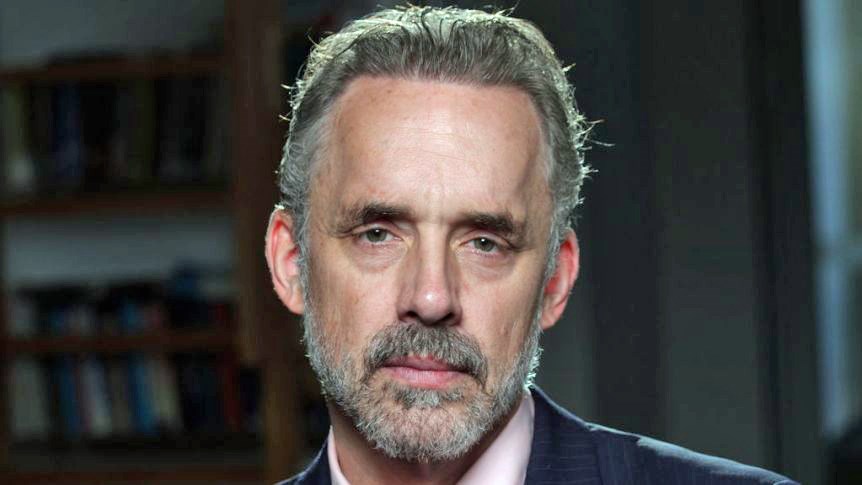The Merriam-Webster dictionary defines cancel culture as “the practice or tendency of engaging in mass cancelling as a way of expressing disapproval and exerting social pressure.”
This is nothing new; we see numerous examples of what we now call “cancel culture” in history. We cancelled people we disapproved of during witch hunts. The aristocracy was also brutally cancelled during the French Revolution. During the Cold War, many were unjustly accused of being communists. It is difficult to find a time in history when cancelling did not happen.
In the age of social media, we have seen a new era of cancel culture emerge. We still use one-word definitions to confine those we disagree with, no matter where we lie on the political spectrum, but the most stinging and damning accusations today seem to come from the far-left.
This topic has been studied thoroughly by John McWhorter of Columbia University, who has published the book Woke Racism. He uses the example of Leslie Neil-Boylan, the former head of nursing at the University of Massachusetts to illustrate his point. She stated that not only do black lives matter, all lives matter in healthcare. She was not against the Black Lives Matter movement, she was pointing out the importance of equality for all in her field, regardless of race. In her statement she was trying to acknowledge the frequent mistreatment of African Americans in the healthcare system, but that didn’t seem to matter to her accusers. Neal-Boylan’s career was derailed and she was cancelled.
This is a case where cancel culture not only resulted in a competent person being fired from their job, it did nothing to improve the healthcare system in the United States. It can even be argued that it made things worse by stifling honest dialogue.
There is an alternative to being cancelled, but it has a price. Beginning in 2016, Jordan Peterson, a professor of psychology at the University of Toronto, was met with protests wherever he went because he expressed concern over the impact Bill C-16, which amended the Canadian Human Rights Act and the Criminal Code with regard to gender expression and gender identity. He was labelled a misogynist and a sexist; he was called transphobic and even a Nazi.
Peterson refused to be defined by these terms and sought out opportunities to debate and argue his perspectives in a respectful manner. It turns out that Peterson is not a right-wing extremist nor a hatemonger. He is an intellectual who values free speech and honest dialogue. He demonstrates that we can respectfully disagree with one another. This is precisely the type of discourse that is needed to solve the complex problems being faced by the world in 2022.
We all benefit from honest discourse. The challenge is that these discussions require a certain amount of patience and humility. There is not a person who walks the earth who has complete understanding of the truth. Acknowledging that one may be wrong not a sign of weakness, it is a demonstration of wisdom.
By engaging in discourse, we are able to move forward as a society in the best way possible. When challenged in an honest debate, those who embrace hateful, dishonest and overly simplistic views will either be debunked or begin trying to intimidate those who disagree with them. Cancel culture plays right into the wheelhouse of those who are angry, fearful, manipulative, and insecure by shutting down honest discussion. This is a truth that we who consume media must be mindful of.
We live in an imperfect world inhabited by imperfect human beings. If we are accountable to ourselves in seeking truth, if we are honest and humble with one another we will find the answers to the problems we face. No one needs to be cancelled and those who reject this ideal will end up canceling themselves.
Gerry Chidiac is a Prince George writer.





